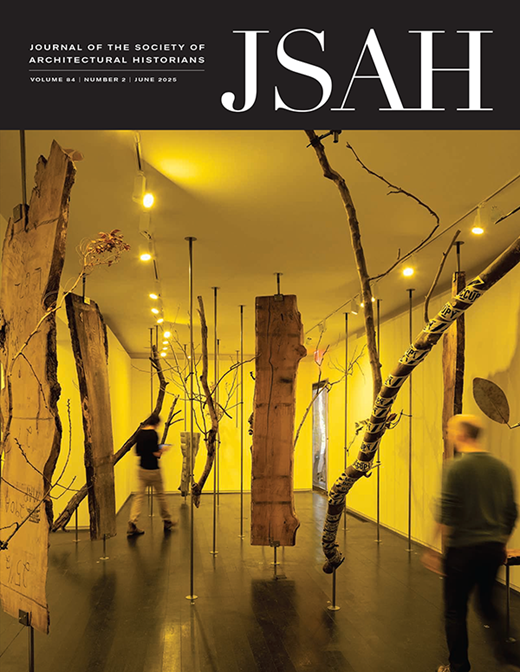Last spring, I gave a talk on the digital future of scholarly publishing at the humanities center of a large research university. The crowd was small but engaged, and the discussion afterward was challenging and thoughtful. Near the end, however, a young woman asked a question that threw me for a second. "I'm a grad student and starting my dissertation," she said, "and while I want to do a digital project that would make my argument in an innovative form, I know the safe thing to do is to be conservative, to write something traditional and leave experimentation for later. What would you advise?"
"Do the risky thing," I blurted, before my scruples intervened in the split second between phrases. My concerns went like this: I'm not her dissertation director; I don't want to create conflict in her progress toward her degree; I don't want to set up unreasonable expectations about what her department will actually support. And so my immediate qualification: "Make sure that someone's got your back, but do the risky thing."
New forms of digital scholarship have received a great deal of attention across the humanities in the last few years, and from the coverage-in The Chronicle, The New York Times, and elsewhere-you would think the work had become prominent enough that it would no longer be necessary for a junior scholar to ask about the need to defend it. Digital humanities seem to have reached a critical mass of acceptance within academe, helped in no small part by groups like the Modern Language Association, whose past president, Sidonie Smith, is leading an investigation of future forms of the dissertation, and whose Committee on Information Technology is working on issues surrounding the review of digital scholarship for tenure and promotion. Yet such working groups are still working for a reason.
Read the rest of this article as it originally appeared on The Chronicle of Higher Education (www.chronicle.com)



Leave a commentOrder by
Newest on top Oldest on top